From Pupil to Practitioner: Education & Health Students Gain Professional Experience
School of Education & Health students become teachers, counselors and health professionals during intensive hands-on training.
Begin with a dream: add action, and it becomes part of life.
In the School of Education & Health, field work is central to each student's' journey, solidifying career goals and transforming pupils into practitioners.
Whether it’s in a classroom, an examination room, or a counselor’s office, each experience is rich, deeply personal and completely unique.
Connecting in the Classroom
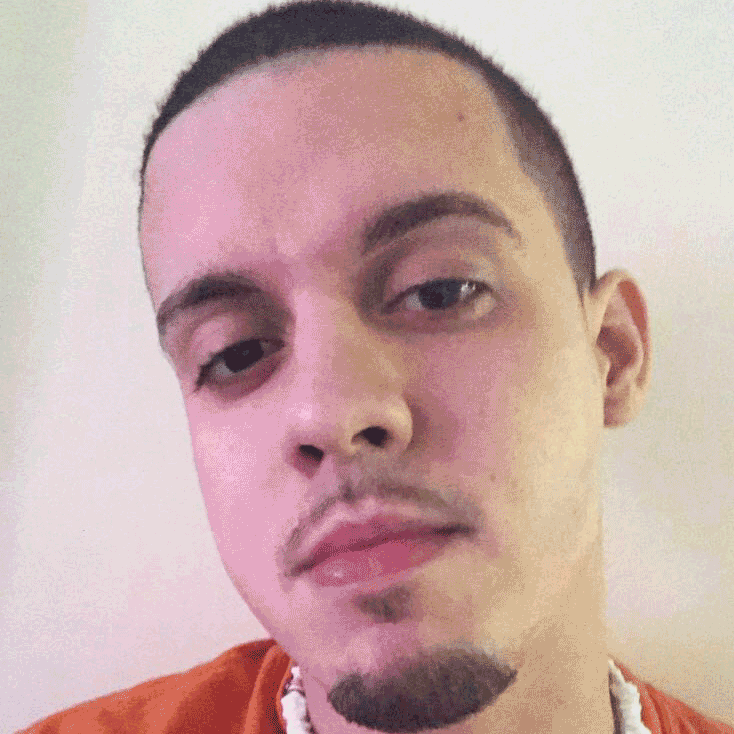 Classroom observations helped Michael Estrella ’17 realize his goals early. The elementary education major set out to give back to his native neighborhood in the south Bronx, where common household challenges such as hunger and parental absence become barriers in the classroom.
Classroom observations helped Michael Estrella ’17 realize his goals early. The elementary education major set out to give back to his native neighborhood in the south Bronx, where common household challenges such as hunger and parental absence become barriers in the classroom.
"My goal is to be able to hear the whispers in the classroom in order to better accommodate the needs of the students; our students," says Estrella.
Since sophomore year, he has completed classroom observations in four locations throughout New York City including P.S. 7, P.S. 8, P.S. 47 and P.S. 86 — all towards his required 175 observation hours. These classrooms are far from revolving doors. All opportunities are personally cultivated by Manhattan College faculty, who ensure the observation is with experienced educators who will also serve as mentors to Manhattan College students.
“Our professors help build bridges between the College and each of these schools, which makes a huge difference both for us and for the students in those classrooms,” says Estrella. “These experiences are real, they’re authentic. You get to build relationships with these students and watch them learn and grow.”
Connections he made during these experiences have allowed him to remain active in the school communities, by helping out with events including P.S. 7’s Springfest, an annual fundraising event.
“It was fabulous getting to reconnect with students and raise money for smartboards and textbooks,” Estrella says. “We can accomplish so much as a community.”
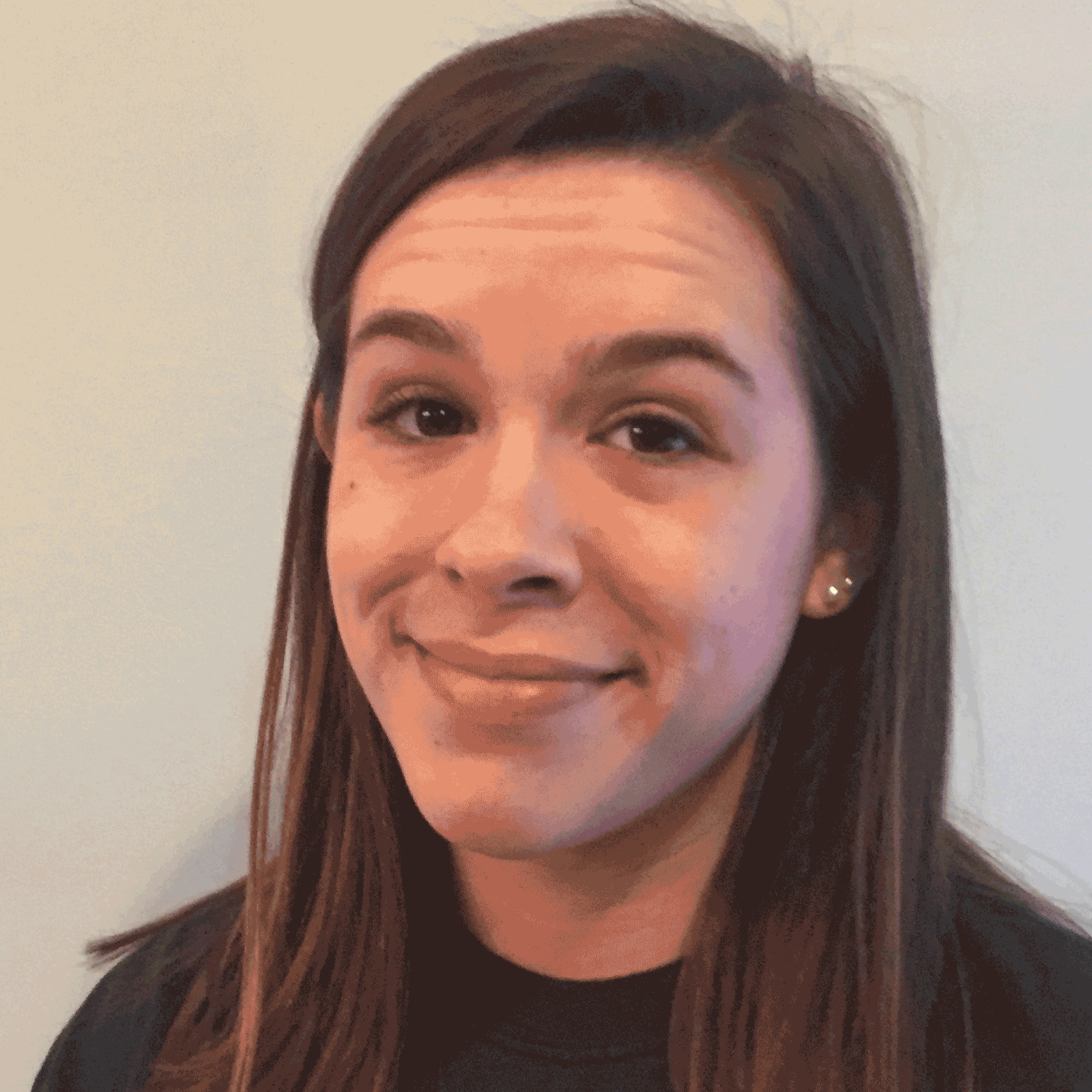 Megan Heaney ’17, who is in the five-year childhood/special education M.S. Ed. program, recently had a moment of clarity during her student teaching experience at P.S. 24. For two months, she served in an integrated co-teaching classroom (where students with special needs learn alongside general education students), often finding herself in working groups with one particular student struggling with math. A math test was given on her final day of teaching, but a fellow student teacher had happy reports the next day: the student had passed the test.
Megan Heaney ’17, who is in the five-year childhood/special education M.S. Ed. program, recently had a moment of clarity during her student teaching experience at P.S. 24. For two months, she served in an integrated co-teaching classroom (where students with special needs learn alongside general education students), often finding herself in working groups with one particular student struggling with math. A math test was given on her final day of teaching, but a fellow student teacher had happy reports the next day: the student had passed the test.
“I feel like I helped give him the self esteem boost to know he could do it. That’s when I realized, that's what it's all about. That’s where I want to be, working with students with special needs,” Heaney said.
Success Through a Different Lens
Sometimes discovering your calling is a journey in itself. It was for Morgan Seger ’17 who, in 2014 found herself listless as a sophomore biochemistry major. Panic crept in: Had she chosen the wrong major? Maybe she wasn’t cut out for the medical field at all?
One-on-one advising appointments with Rani Roy, Ph.D., director of the Center for Graduate School & Fellowship Advisement, helped her sort it out. Several illuminating conversations and a personality test later, and Seger emerged a allied health major with her dreams of pursuing a medical profession still intact.
Her new major required a practicum course, including 120 hours of supervised field work in a professional setting. So, at the urging of her new academic adviser, Larry Hough, director of radiologic and health professions, Seger began exploring observation opportunities in optometry — a field revealed in her personality test.
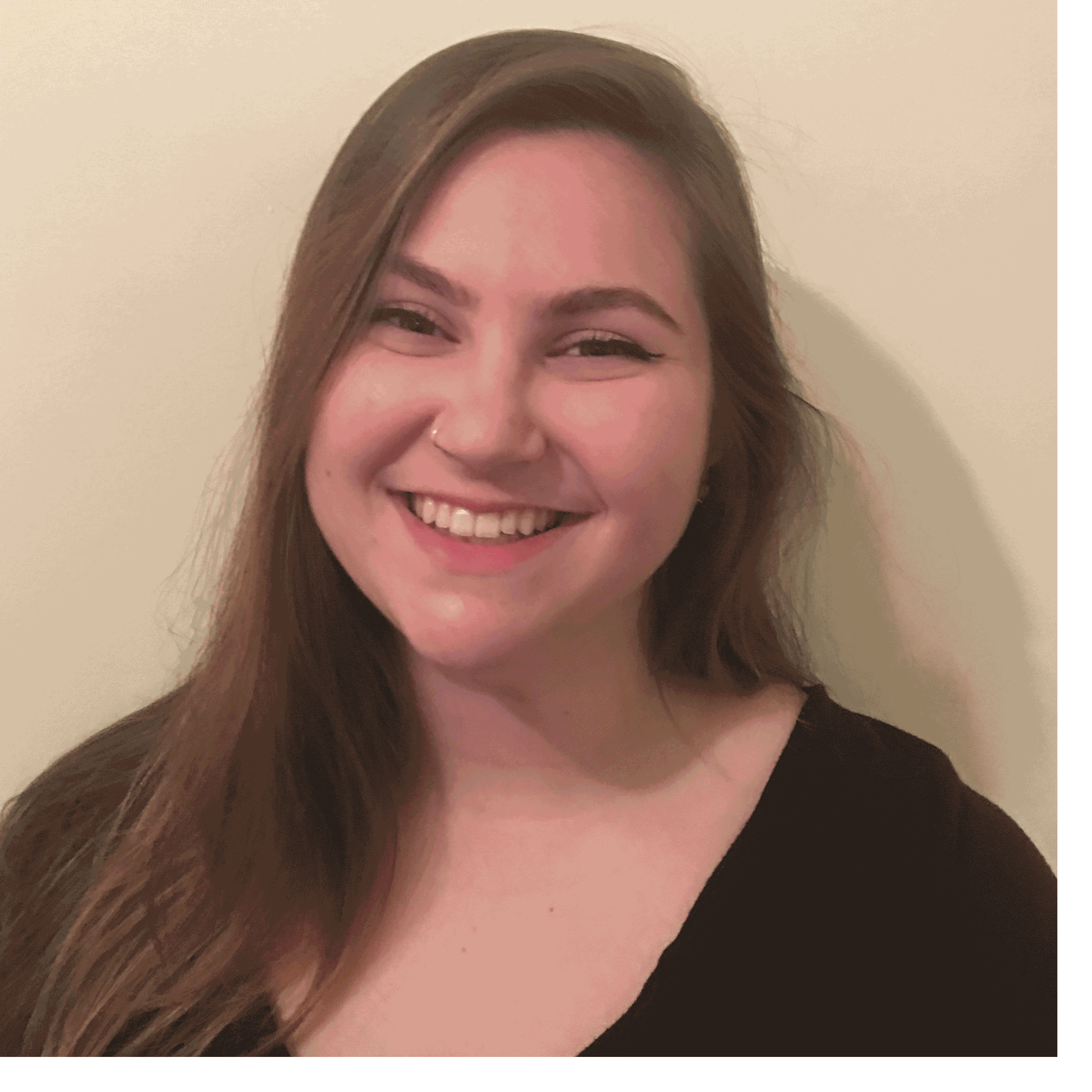 A phone call and quick interview was all it took: she would spend the summer shadowing at her hometown optometrist’s office, Village Opticianry in Brewster, N.Y. The private practice setting let her learn a little bit about every part of the profession, from reception and scheduling, pre-examination and prescribing to dispensing and adjusting glasses. It went so well, they hired her part time during summer and winter breaks.
A phone call and quick interview was all it took: she would spend the summer shadowing at her hometown optometrist’s office, Village Opticianry in Brewster, N.Y. The private practice setting let her learn a little bit about every part of the profession, from reception and scheduling, pre-examination and prescribing to dispensing and adjusting glasses. It went so well, they hired her part time during summer and winter breaks.
With a little more confidence in her career path, Seger applied and was accepted to the Collegiate Science and Technology Entry Program (CSTEP) at SUNY College of Optometry, an opportunity she learned about through Manhattan College’s pre-health emails. This intensive two-week internship program during summer 2016 served as a first hand look at what optometry is all about from the clinical side. While learning about specialty areas of the profession, such as vision therapy and contact lens fittings, she made connections with current optometry students and experienced clinicians, and spoke with students from all over the U.S. who are also considering entering the field.
“I have a new appreciation for the profession, helping people for 10 hours a day. Being able to witness it, and talk with current SUNY students, I now know that I can do it too."
Seger ultimately credits Roy and Hough for her transformation.
“It’s because of their time and commitment that I'm able to say ‘Yes, this is on my resume. Yes, I have a good GPA. And yes, this is what I want to do.’ These crises are normal in college and there are people who can help you get to where you want to be.”
Discovering the Process
Megan McShane '17 is a self-described kinesthetic learner — there’s no substitution for on-site experience. After graduating with a bachelor’s degree in secondary education from Manhattan in 2014, McShane joined the Lasallian Volunteers. Teaching middle-schoolers for two years in St. Louis reaffirmed her desire to transfer her teaching skills into the field of school counseling. She returned to Manhattan College in 2016 as a graduate student in the school counseling program.
McShane is currently getting experience at I.S. 254 in the Bronx conducting supervised counseling with individuals and groups. She’s getting to know all of the ropes of the NYC public school system, helping students apply to high schools, from initial conversation to application submission through the Department of Education. Every day is different.
As she accrues 700 hours of on-site experience including 280 direct hours working with students, she attends weekly internship courses specifically designed to help students reflect upon and analyze these experiences, often applying new theories or receiving constructive criticism along the way.
“I'm a kinesthetic learner, so I learn from doing,” says McShane. “It's a small program so you know everyone in your cohort. So even sharing my case study, I felt very comfortable doing it because it was with 15 people that I had already had six classes with. And then, even on my end, I feel comfortable saying, 'oh, you should do this' because I've known them for over a year now.”
After taking Techniques in Counseling the Individual (EDUG 722), a course that examines the full process of counseling from initiation through termination, McShane had an “a-ha” moment with a student she worked with during the fall 2016 semester.
“I was able to see each stage happen — beginning, middle and end,” McShane says. “It all makes sense when you're learning it, but it's another thing actually doing it,” noting that working with people is never a consistent process. “I realized that this is how I need handle these scenarios in the future.”
Returning to the Bronx has given McShane a newfound appreciation for the close-knit professional networks in New York City. On her first day at I.S. 254, she was greeted by the principal — a familiar face — Dr. Alex Marrero ’07M.S., former principal of In-Tech Academy, where McShane completed her undergraduate student teaching.
“When I walked in, he couldn’t believe it — we hadn’t seen each other in years,” McShane says. “The Manhattan College community is well known in the Bronx, and I feel like the connections that you make here really last.”
Practicing Personal Attention
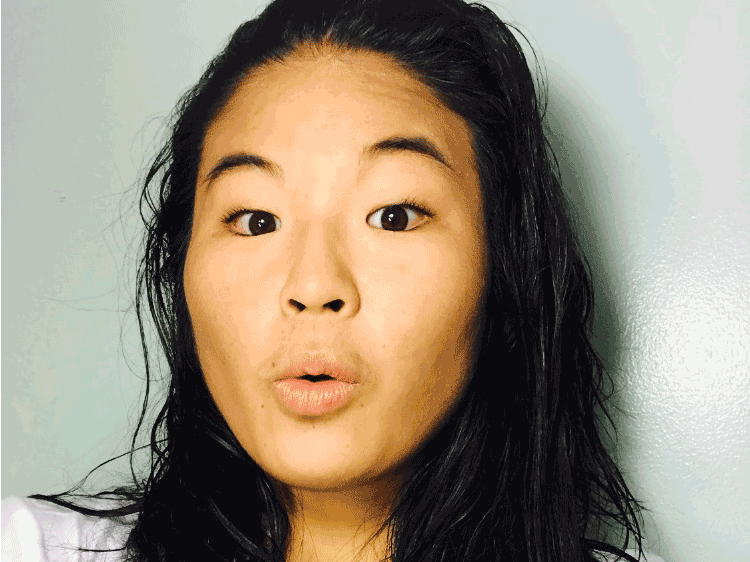 As an athlete, exercise science major Allie Yamashiro ’17 has always been aware of her body’s mechanics. It’s what drew her to the field. Throughout her undergraduate years, she’s been able to immediately apply a lot of her kinesiology course lessons to her life right away, from working in the gym to performing on the volleyball courts. It’s a little different putting everything together in a clinical setting.
As an athlete, exercise science major Allie Yamashiro ’17 has always been aware of her body’s mechanics. It’s what drew her to the field. Throughout her undergraduate years, she’s been able to immediately apply a lot of her kinesiology course lessons to her life right away, from working in the gym to performing on the volleyball courts. It’s a little different putting everything together in a clinical setting.
“As an undergrad, it’s hard to get the science part ingrained — the psychology and physiology,” Yamashiro says. “But when you actually see how it plays out in real world cases, you can start to see how it’s all connected.”
To get a feel for the field, Yamashiro has observed physical therapists all over the United States, from Boston to her hometown in Hawaii. She wasn’t sure it was the profession for her until a 120-hour internship at New York Presbyterian — a world-class hospital just minutes from campus.
“The personal attention that they give to their patients and their genuine affection that they had for each patient was just something that I had never seen before,” Yamashiro says. “I left completely inspired. This is the type of practitioner that I want to be.”
With this newfound insight and the guidance of her faculty mentors, Yamashiro applied to physical therapy programs. She has already been admitted to Columbia and Boston University. Yamashiro credits her faculty mentors with her success.
The whole department is phenomenal — you feel like you're more like a family with them,” Yamashiro says. “Cherubini, Toscano, Ladda — they’re always there to support you, encourage you, motivate you when you need to be pushed.”
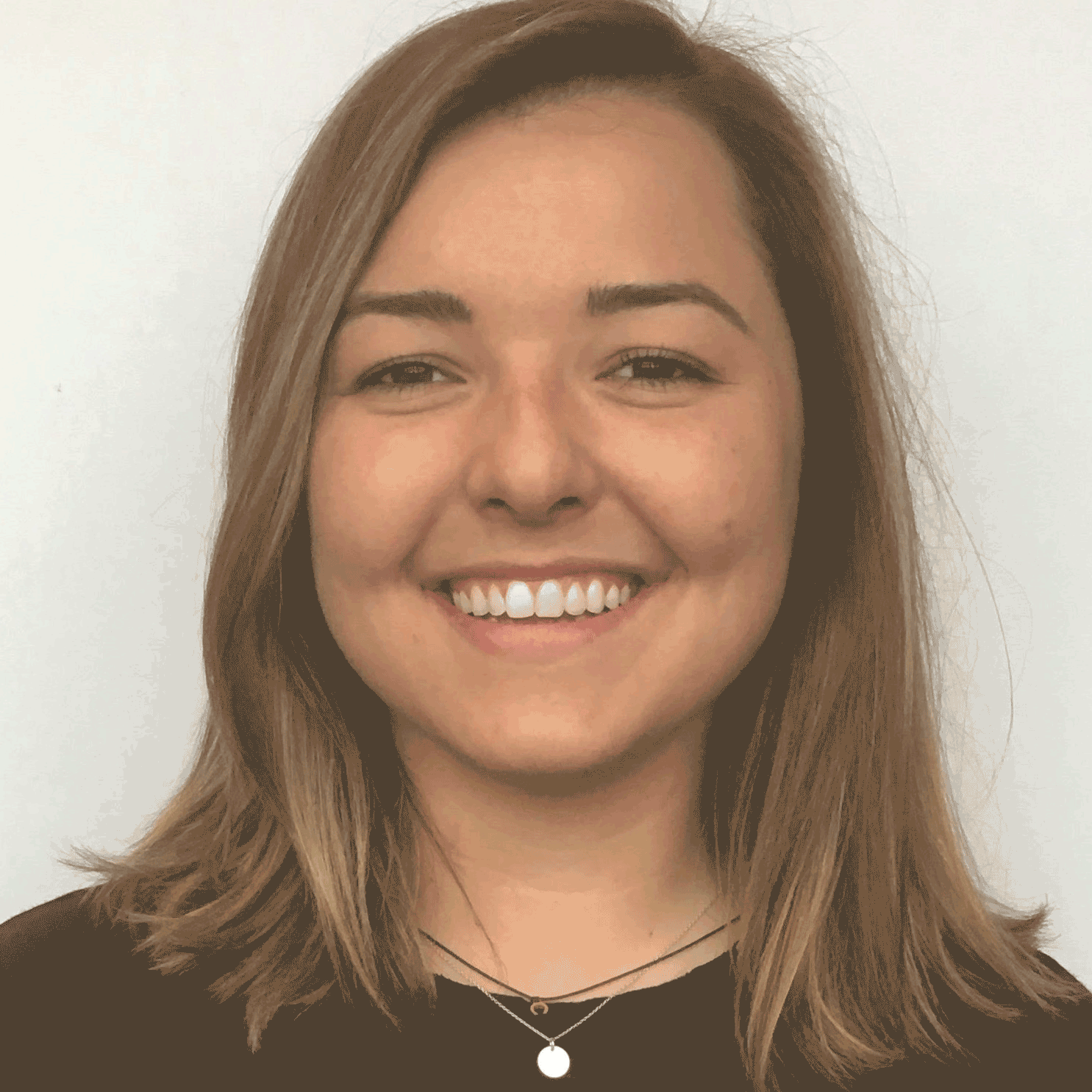 Yamashiro’s classmate, Devin Prant ’17, who also completed her internship at New York Presbyterian, was similarly inspired by the level of care. She spent nearly a year shadowing on the international floor of New York Presbyterian Hospital where she witnessed the importance of establishing a trusting relationship with patients.
Yamashiro’s classmate, Devin Prant ’17, who also completed her internship at New York Presbyterian, was similarly inspired by the level of care. She spent nearly a year shadowing on the international floor of New York Presbyterian Hospital where she witnessed the importance of establishing a trusting relationship with patients.
“In successful long term care, you need to be able to form that bond with your patient.,” Prant says. “Working with an experienced doctor, I was able to see that and take notes knowing that I’ll need to do that too one day.”
In fact, Prant has already parlayed these experiences into a part time job with Riverdale Sports Physical Therapy as an aide, which started in November 2016.
“I loved being able to take things from that and transfer that to my new job,” Prant says. “It's exciting because by the end of my volunteering, I was really ready for that next transition. I’m graduating confident in what I learned.”